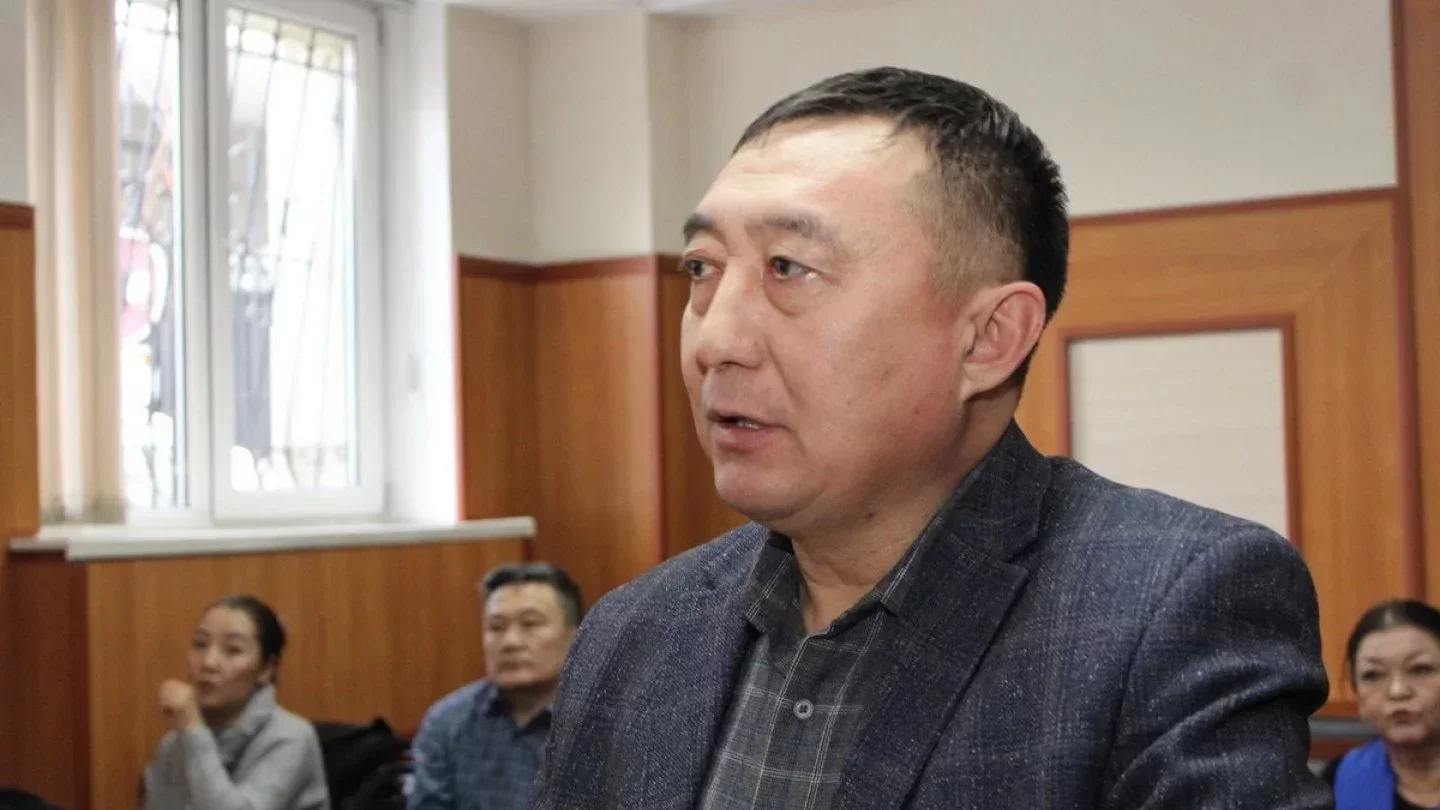Lawyer Opposes Lowering Criminal Liability Age in Kazakhstan, Citing Risks for Juvenile Offenders
 Photo: Orda.kz
Photo: Orda.kz
Orda.kz recently reported that Swedish authorities are considering lowering the age of criminal liability from 15 to 13, citing rising juvenile crime rates.
In Kazakhstan, minors under 14 are not held legally accountable for serious crimes; instead, their parents face administrative responsibility. Yet, the consequences of such offenses are often severe, shocking in their cruelty.
While parents cannot be imprisoned for their children’s actions, some now ask whether Kazakhstan should follow Sweden’s example.
Lawyer Galym Nurpeisov believes that such a measure would be misguided. According to him, the roots of the problem lie at the top levels of power, and the younger generation lacks proper ideals because power and money dominate:
The human right to property has become absolute in Kazakhstan. From the events of Qantar, we saw that the right to life is not the highest value in our society, even though it’s declared in the Constitution. The state prioritizes its own security and will always eliminate any threat to it,
said the human rights activist.
Nurpeisov argued that the government focuses on personal gain instead of the future, and that failure to engage with children and youth will have serious consequences.
Preventing juvenile delinquency isn’t about tightening laws. Our leaders don’t understand this. They’re enriching themselves but doing nothing for the future. If we don’t work with young people, they’ll create their own rules. The Zoomer revolution in Southeast Asia is a good example — no one worked with them, so they developed their own values,
he said.
The lawyer emphasized the need for a national ideology to shape youth values.
While five years may seem short on a national scale, it is enough for a child to form a worldview. Today, children and teenagers draw much of their influence from the internet, and it is unclear who they choose as role models.
Young people will always seek idols. If you don’t give them a hero, they’ll find one anyway. And it’s good if it’s a positive figure — but what if it’s a destructive one?
Nurpeisov warned.
He also noted that juvenile crime differs fundamentally from adult crime, requiring distinct legal approaches.
Robbery is often motivated by personal gain. But the young men I defended weren’t after money — they sought respect. Their motives are completely different. That’s why juvenile courts exist. You can’t apply the same methods to children as to mentally stable adults. If you prosecute too early, the result may be the opposite,
he said.
According to Nurpeisov, lowering the age of criminal responsibility would be harmful, producing more offenders unable to reintegrate into society after serving their sentences.
In Kazakhstan, many people end up back in prison after release,
he noted, adding that greater efforts are needed to rehabilitate ex-prisoners and prevent intergenerational cycles of crime.
Nurpeisov concluded that penalties should be tougher for adult offenders who recruit minors into criminal activity. He cited Japan and China as examples of societies where children are socialized from an early age and taught collective responsibility.
“In such societies, those who commit crimes feel deep shame because they become outcasts,” he said.
Original Author: Ksenia Kleeva
Latest news
- Workers Strike Again in Kazakhstan’s Oil Region
- Lukashenko and Toqayev Hold Phone Call, Discuss Joint Projects and Meeting in Kyrgyzstan
- Russian and Syrian Defense Ministers Hold Talks
- Surgeons in Stepnogorsk Forced to Operate in Regular Wards Amid Years-Long Renovation Delays
- Majilis Deputy: Manual Economic Management Should Be Temporary
- Data Leaks: Majilis Deputy Calls for Stronger Oversight
- Court in Baku Prolongs Arrest of Russians Suspected in Drug Case
- 16-Year-Old Kidnapped for Two Months in Turkistan — Police Closed Case
- Kazakhstan Plans to Reinstate Duty-Free Imports of Oil and Petroleum Products From Russia
- Majilis Passes Amendments Banning LGBT Propaganda — MP Smirnova
- Sale of Timur Kulibayev’s Caspiy Neft Not Yet Completed
- Kazakhstan Passes Law on Artificial Intelligence Introducing Liability for Deepfakes
- Lawyer Opposes Lowering Criminal Liability Age in Kazakhstan, Citing Risks for Juvenile Offenders
- Almaty: Residents Disagree Over Language of Instruction at New School No. 224
- Toqayev Ratifies Agreement Establishing CIS Center to Assess Money Laundering and Terrorism Financing Risks
- Asar Tradition: Oskemen Residents Build Bridge Together
- Yana Legkodimova: Defendants Questioned in the Homicide Case
- Three Detained After Girl Abducted Near Bus Stop in Taraz
- Park Opens on Site of Former Presidential Residence — But Not Yet Officially
- U.S. Issues Written Assurance Exempting Rosneft Germany from New Sanctions — Reuters

